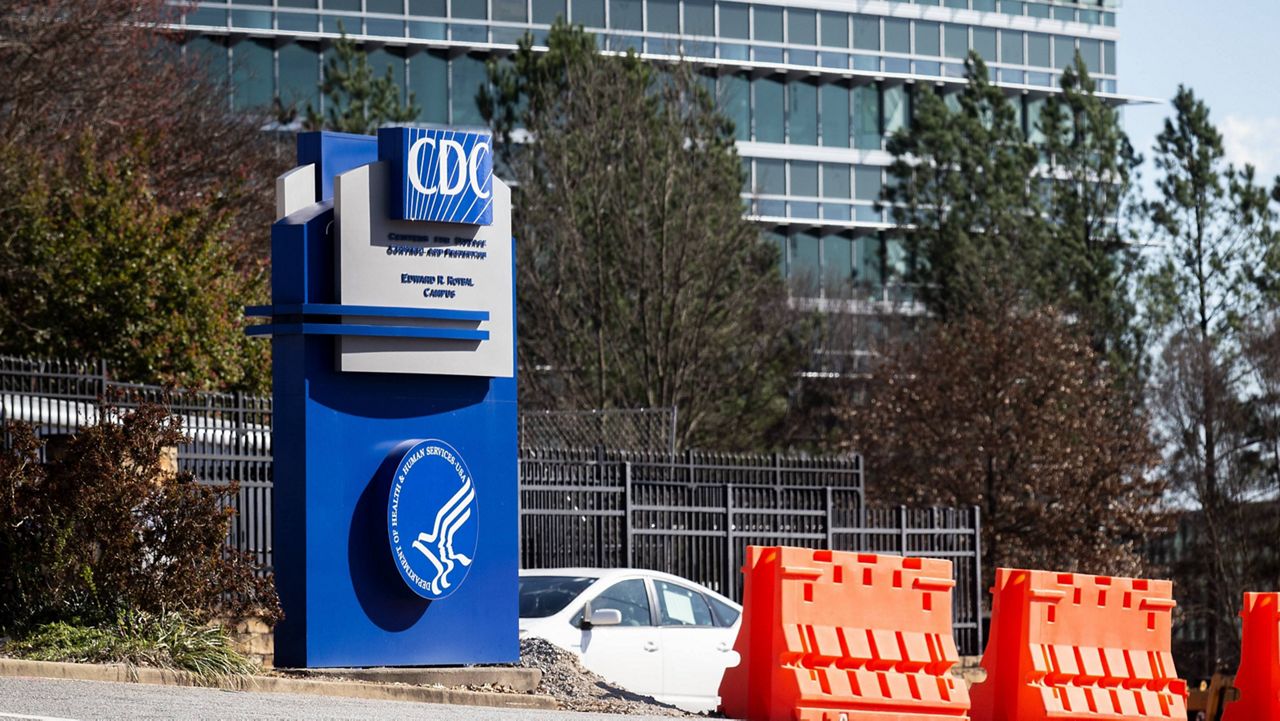The Centers for Disease Control and Prevention says it’s investigating more than 100 mysterious cases of acute hepatitis in children detected since October.
What You Need To Know
- The Centers for Disease Control and Prevention says it’s investigating more than 100 mysterious cases of acute hepatitis in children detected since October
- The cases include five reported deaths; 90% of the patients were hospitalized, and 14% received live transplants, the CDC said
- More than half the patients tested positive for adenovirus, but it's not clear if the virus caused those hepatitis cases
- The CDC said there is no known link between COVID-19 and the hepatitis cases, and it stressed COVID-19 vaccinations are not to blame
On April 21, the CDC issued a nationwide alert to health care providers warning that nine children from different parts of Alabama had contracted hepatitis cases of “unknown origin.” Health officials asked doctors and parents to be on the lookout for such cases and to report them to local authorities.
In an update Friday, the CDC said it’s investigating 109 cases in 25 states involving children with hepatitis of unknown causes. Hepatitis is the general umbrella term for liver inflammation.
The cases include five reported deaths, Dr. Jay Butler, the CDC’s deputy director for infectious diseases, told reporters in a conference call. In 90% of the cases, the patients were hospitalized, and 14% of those children received live transplants.
The majority have fully recovered, health officials said.
More than half the patients, including all nine of the Alabama children, tested positive for adenovirus, a common virus that typically causes mild cold- and flu-like symptoms and stomach and intestinal problems. More specifically, some had adenovirus 41, which causes severe stomach illness.
It’s not clear if adenovirus is the culprit, the CDC said. The virus is only known to cause hepatitis in children with weak immune systems, and none of the nine Alabama children had underlying conditions, Butler said. Health officials are conducting a review of the other reported hepatitis cases.
“It's important to note that this is an evolving situation, and we're casting a wide net to help broaden our understanding,” Butler said.
Britain, Denmark, Ireland, the Netherlands and Spain are among other countries that recently have identified perplexing hepatitis cases in children. Adenovirus has been detected in many, but not all, of those cases.
The CDC, however, said there has not been a significant overall increase in U.S. pediatric hepatitis cases or liver transplants.
“I think the issue that comes up is the relationship to adenovirus,” Butler said.
Butler added it’s not uncommon for the cause of hepatitis in children to be unknown.
“We know this update may be of concern, especially to parents and guardians of young children,” he said. “It's important to remember that severe hepatitis in children is rare, even with the potential increase in cases that we’re reporting today.”
Butler said there is no known link between COVID-19 and the hepatitis cases. None of the nine children had documented coronavirus infections, he said. But he said investigators will continue to explore the possibility.
He stressed COVID-19 vaccinations are not to blame. None of the Alabama children were vaccinated, and their median age was 2, too young to be eligible for the shots.
“We hope that this information helps clarify some of the speculation circulating online,” Butler said.
The CDC also is investigating whether environmental factors — including animal exposure — medications or other infections might be to blame.
Health officials are encouraging parents to be aware of the symptoms of hepatitis and to contact their child’s doctor if they see them. The symptoms include vomiting, dark urine, light-colored stool and jaundice.



